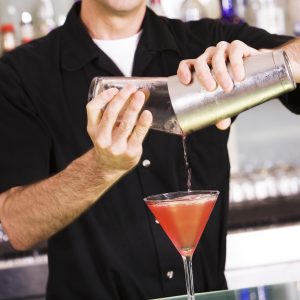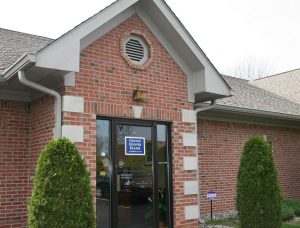
Personal Injury Lawyers 317-881-2700
In the past, courts did not hold bar and liquor store owners responsible for anything their customers do after leaving their place of business. But that is no longer the case in most parts of the country. Dram shop laws are quite common these days, but also still controversial since many people are concerned that someone could be unfairly accountable for another person’s actions. Regardless of controversy, Dram Shop laws are meant to ensure that everyone takes responsibility for their own actions. This includes the obligation of owners to sell their alcohol responsibly in order to reduce the potential risks of deadly outcomes and consequences that result from drinking too much.
Dram Shop Law Facts
There are a few misconceptions about Dram Shop laws. Let’s clear those up right now. Continue reading to learn the truth about these lawsuits, and who to trust for responsible legal representation if you are a victim of a drunk driving accident or alcohol-related accident.
❶ Dram Shop lawsuits are civil, not criminal.
While most people wrongly assume that a Dram Shop lawsuit is a criminal matter, it is in fact a civil matter and falls under tort law. Those found liable will not face jail time, but may be forced to pay restitution for a victim’s losses and damages.
❷ Minors can sue for self-intoxication accidents.
In some states, if a bar or liquor store owner sells alcohol to a minor, and that minor causes an accident that results in injuries to themselves or others, they may be able to sue the store owner for their damages since it is against the law to serve minors alcohol.
❸ Adults may be able to sue for self-intoxication accidents.
In a few states, adults who injure themselves or others after being sold alcohol when they were already intoxicated can sometimes sue bar or liquor store owners. This is called first party dram shop law, and they are hard cases to prove. Not only are they very rare, they are even banned in most states.
❹ The basis of most dram shop lawsuits is recklessness.
Many people would assume that Dram Shop laws are based on negligence since they are civil tort lawsuits. However, the basis of most Dram Shop law cases is recklessness. That is because it is reckless to sell an intoxicated individual alcohol, not negligent, since negligence implies there was no intention. It is easy to spot the signs of intoxication, and an alcohol-serving establishment has a duty of care to know these signs and look for them at all times.
Indianapolis Accident Attorneys to Trust

Personal Injury Law Firm
317-881-2700
